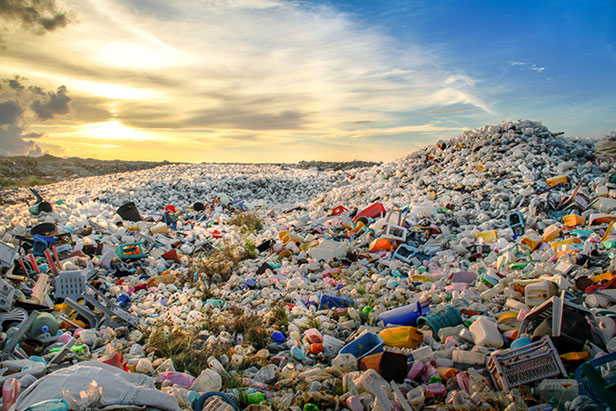
Despite the fact that Fishing Gear is actually responsible for 40% of the plastics in the ocean, more than half of all plastic waste in the world is the result of single-use plastics. Moreover, while people think most single-use plastics can be recycled, only a small percentage of them can be, and they can only be recycled once or twice before they can no longer be used. Now, 10 years of research might have given us a new solution to a serious problem.
Created by a startup company named Xampla that got its start at the University of Cambridge, the new material is a byproduct of existing agriculture that leaves behind no pollutants and breaks down naturally. Unlike standard single-use plastic, it also does not require the process of cross-linking, which can result in toxic waste. The new material was inspired by spider webs, which are stronger than steel on a weight-for-weight basis but have weak molecular bonds that break down easily.
Research lead Tuomas Knowles had this to say:
“One of the key breakthroughs is that we can supply this product on a large scale, and it can replace plastic in very specific applications. We have proved it’s possible to solve the single-use plastics problem.”
If all goes well, Xampla’s new polymer could soon be used to replace single-use plastics in microcapsules, carrier bags, sachets and flexible packaging films.

Source: Inhabitat
